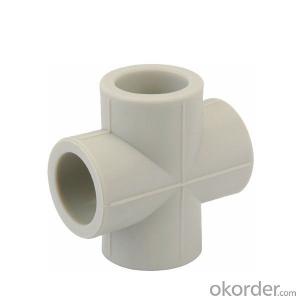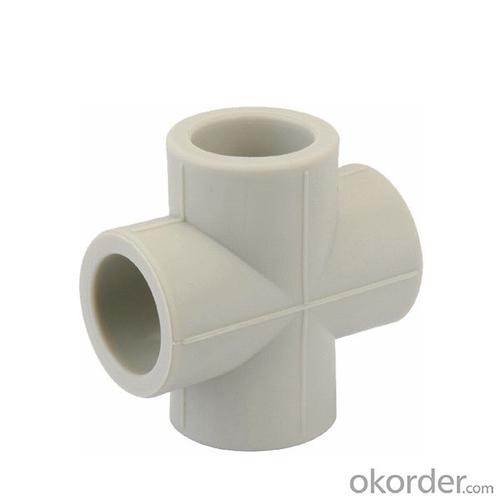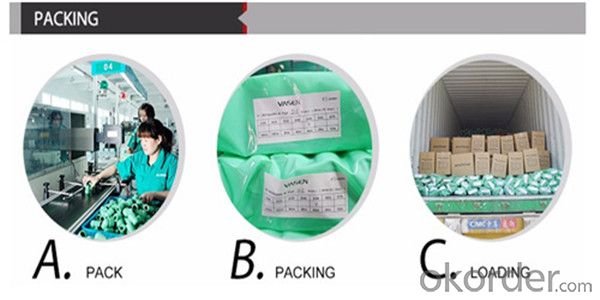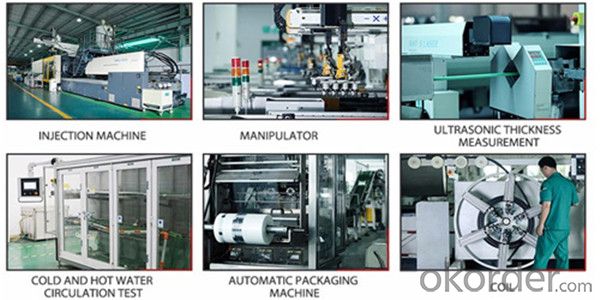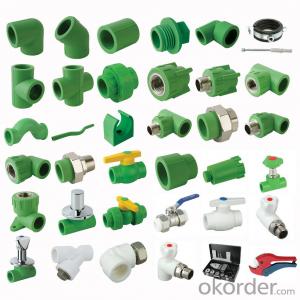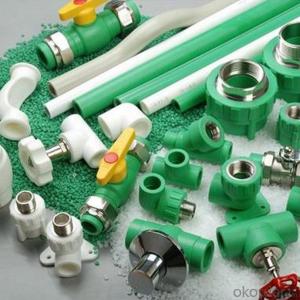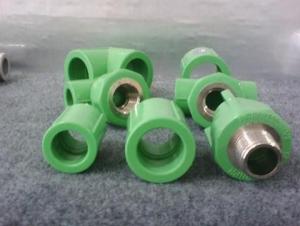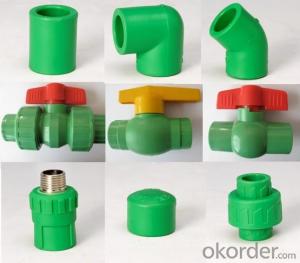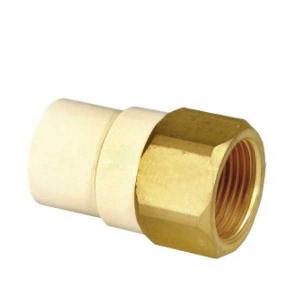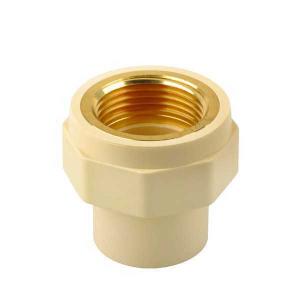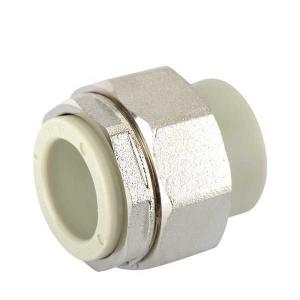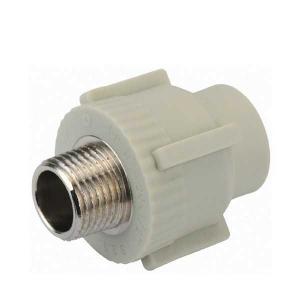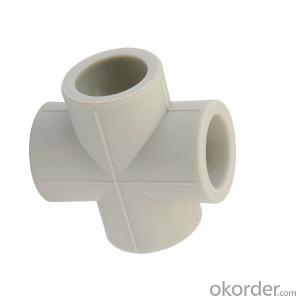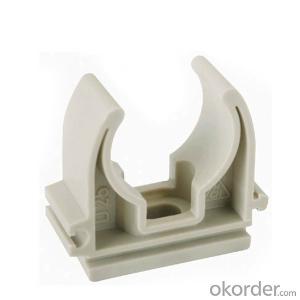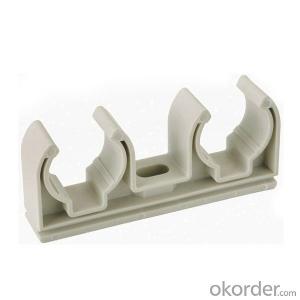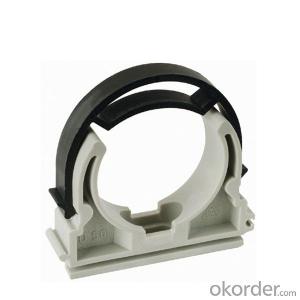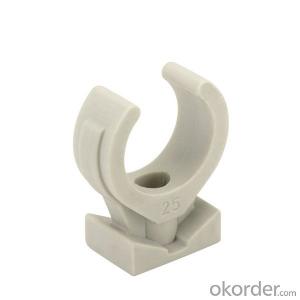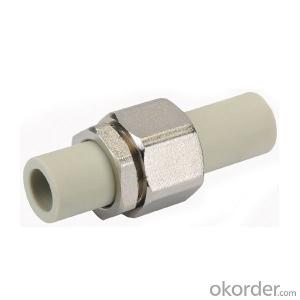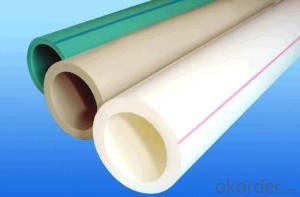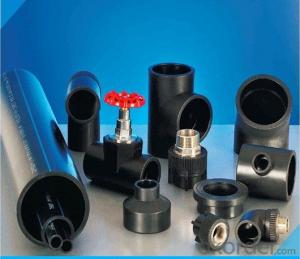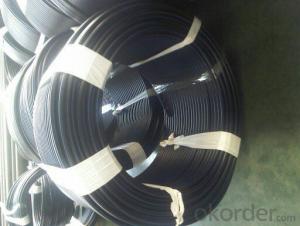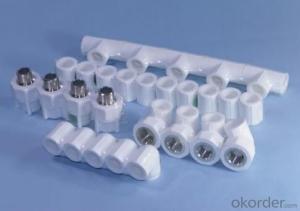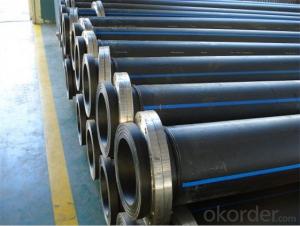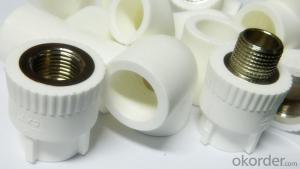10mm SPT Brand Polypropylene Random Cross Plastic Pipe Fittings
- Loading Port:
- Ningbo
- Payment Terms:
- TT OR LC
- Min Order Qty:
- 1000 pc
- Supply Capability:
- 100000 pc/month
OKorder Service Pledge
OKorder Financial Service
You Might Also Like
Specification
Picture:
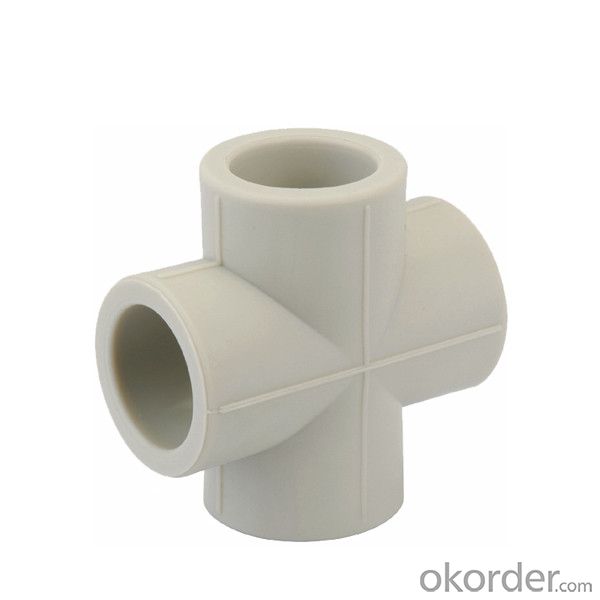

Product Applications:
Distribution for cool and hot water
Duct for drinkable water system
Pipes for kinds of high-temperature and low-temperature heating system
Pipes for heating and coolling settings in solar energy system
Connecting pipe for air conditioners
Main Product Features:
Healthy, bacteriological neutral, conforming to drinking water standards
Resistant to high temperatures, good impact strength
Convenient and reliable installation, low construction expenses
Large drum hub to maximize cable life
Self-activating automatic brake hold the load securely when crank handle is released
With cable or strap
Safety guard cover available
Top quality with competitive price
Widely used in the double beam bridge crane and gantry crane
Easy to install and high quality
Compact structure and reasonable design
Could be mounted on t he ground or wall!
Double drum!!
FAQ:
Q1:How Can I Get A Sample?
A1:You can get samples by communicate with our export sales.
Q2:How Long Is Delivery?
A2:Delivery time will be30-45days according to order quantity.
Q3:What Is The MOQ?
A3:MOQ depends on different items.
Q4:What Is Our Normal Payments Terms?
A4:Our normal payment terms now is: T/T, L/C or western union,paypal
- Q: Can plastic pipe fittings be used for hydrogen gas storage?
- No, plastic pipe fittings cannot be used for hydrogen gas storage. Hydrogen gas is highly reactive and can cause degradation and embrittlement of plastic materials, leading to potential leaks and safety hazards. It is recommended to use materials like metal alloys or composite materials specifically designed for hydrogen gas storage.
- Q: How do plastic pipe fittings compare to PVC fittings?
- Plastic pipe fittings and PVC fittings are essentially the same thing. PVC (polyvinyl chloride) is a type of plastic commonly used in construction, including pipe fittings. Therefore, plastic pipe fittings and PVC fittings are interchangeable terms, and there is no significant difference between them.
- Q: Can plastic pipe fittings be used for irrigation systems in sandy soils?
- Yes, plastic pipe fittings can be used for irrigation systems in sandy soils. Plastic fittings are often preferred in irrigation systems due to their corrosion resistance, durability, and affordability. They can effectively withstand the sandy soil conditions without degradation or damage, making them suitable for use in such environments.
- Q: Can plastic pipe fittings be used for cooling water in power plants?
- Yes, plastic pipe fittings can be used for cooling water in power plants. Plastic pipes and fittings, such as PVC or HDPE, are commonly used in various industrial applications, including power plants. They offer several advantages such as cost-effectiveness, corrosion resistance, and ease of installation. However, the specific choice of materials should consider the temperature and pressure requirements of the cooling water system to ensure proper performance and durability.
- Q: What materials are commonly used to make plastic pipe fittings?
- Commonly used materials to make plastic pipe fittings include polyvinyl chloride (PVC), chlorinated polyvinyl chloride (CPVC), polypropylene (PP), and high-density polyethylene (HDPE).
- Q: Are plastic pipe fittings suitable for radiant floor heating installations?
- Yes, plastic pipe fittings are suitable for radiant floor heating installations. They are commonly used in such systems due to their flexibility, durability, and resistance to corrosion. Plastic fittings are also easier to install and less expensive compared to metal alternatives.
- Q: How do plastic pipe fittings compare to polypropylene fittings?
- Plastic pipe fittings and polypropylene fittings are both types of plastic fittings commonly used in plumbing systems. However, there are some differences worth noting. Plastic pipe fittings are a broad category that includes fittings made from various types of plastic materials, such as PVC, CPVC, and ABS. On the other hand, polypropylene fittings are specifically made from polypropylene, a thermoplastic polymer known for its high chemical resistance and durability. In terms of performance, polypropylene fittings generally offer superior chemical resistance, making them more suitable for applications involving corrosive or aggressive fluids. They are also known for their high temperature resistance and mechanical strength. Plastic pipe fittings, on the other hand, can vary in terms of quality and performance depending on the specific material they are made from. Another important aspect to consider is the ease of installation. Both plastic pipe fittings and polypropylene fittings are typically designed for solvent welding or using mechanical connections. However, polypropylene fittings often have a more precise and secure fit due to their tighter tolerances, which can simplify the installation process and reduce the risk of leaks. Ultimately, the choice between plastic pipe fittings and polypropylene fittings depends on the specific application requirements, such as the type of fluid being transported, the temperature and pressure conditions, and the chemical compatibility needed. It is important to consult with professionals or follow the manufacturer's recommendations to ensure the right choice for each individual case.
- Q: Can plastic pipe fittings be used for CO2 capture systems?
- Yes, plastic pipe fittings can be used for CO2 capture systems. Plastic fittings, such as PVC or polypropylene, are commonly used in various industrial applications including CO2 capture systems. They offer several advantages such as corrosion resistance, cost-effectiveness, and ease of installation. However, it is essential to ensure that the specific plastic material and fittings chosen can withstand the pressure, temperature, and other specific requirements of the CO2 capture system.
- Q: Can plastic pipe fittings be used in sewage treatment systems?
- Yes, plastic pipe fittings can be used in sewage treatment systems. They are commonly used due to their durability, resistance to corrosion, and ease of installation. Additionally, plastic pipe fittings are often more cost-effective than other materials and can withstand the harsh chemicals and conditions found in sewage treatment systems.
- Q: Are plastic pipe fittings easy to install?
- Yes, plastic pipe fittings are generally easy to install. They are lightweight, require no special tools, and can be quickly connected using simple techniques like solvent welding, compression fittings, or push-to-connect systems. Additionally, plastic pipe fittings are versatile and can be installed in various plumbing and water supply applications.
Send your message to us
10mm SPT Brand Polypropylene Random Cross Plastic Pipe Fittings
- Loading Port:
- Ningbo
- Payment Terms:
- TT OR LC
- Min Order Qty:
- 1000 pc
- Supply Capability:
- 100000 pc/month
OKorder Service Pledge
OKorder Financial Service
Similar products
Hot products
Hot Searches
Related keywords
